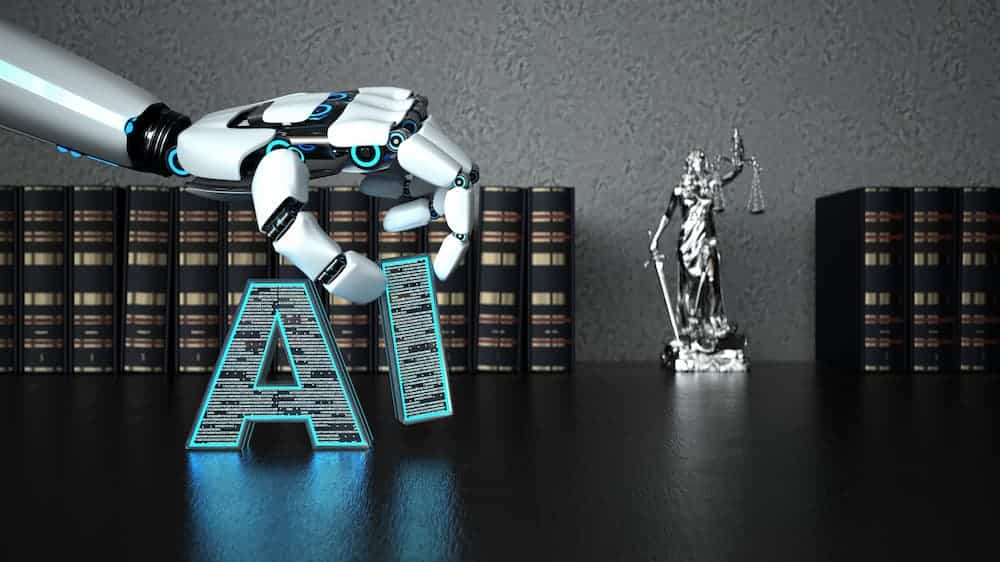HR leaders around the globe are contemplating how artificial intelligence fits into their plans. Meanwhile, many are fielding questions about AI from all sides, handling employee concerns while also satisfying organizational counterparts and executives. And a steady stream of new developments from vendors adds to the complexity, leaving HR leaders with plenty to contemplate as 2024 moves closer. An AI governance plan is essential.
What questions should HR leaders be asking about buying AI? Click here and find out.
The HR tech implementation years
Gartner recently published a report indicating that AI is the top tech that CEOs and senior executives expect to impact their industry in the next three years. AI-centered tasks and implementations are unavoidable for HR pros because enterprise vendors offer solutions with artificial intelligence—including generative tools—baked into their offerings. And even though these trusted systems bring the tools to the table, full responsibility rests on the shoulders of the people who use them to make decisions and get work done.
“Generative AI will profoundly impact business and operating models,” said Mark Raskino, distinguished VP analyst at Gartner, in a press release. “However, fear of missing out is a powerful driver of technology markets. AI is reaching the tipping point where CEOs who are not yet invested become concerned that they are missing something competitively important.”
AI governance is a must for trust
In other words, the C-suite is paying attention. Even if your company has overarching AI strategy governance in place, it’s not enough to rely on it without making a version that applies specifically to HR tech, says Morgan Llewellyn, chief strategy officer at Stellar, an Indianapolis-based firm that helps businesses navigate AI readiness. “Human resources leaders must have a strategy of how they can leverage these tools,” he says. They also must be prepared to answer to higher-ups. “Five years ago, people would ask me to help them understand AI,” Llewellyn recalls. “Now, they tell me they need an AI strategy because that’s what their boss wants.”
Expectations aren’t just internal. According to new data from Salesforce, 68% of customers say that as AI advances, it is more important for companies to be trustworthy. An AI governance plan helps build consistency and can demonstrate to stakeholders that HR tech tools have passed the trust test.
Build AI evaluation requirements
Many impressive solutions get released quickly these days. There is no shortage of effective and efficient products on the market, but Llewellyn warns against being on a “merry-go-round” of tech purchasing. Instead, he says, HR leaders should start with a governance strategy that will exist as a relevant north star. This should lay the groundwork for when AI is permitted to be used, what data the HR team is willing to share and what information will be gained in return. “Have your own set of evaluation requirements,” suggests Llewellyn. “Set it as a foundation and then address transformative technology.”
A strong governance plan can be deployable across a number of applications throughout HR workflows. These are guidelines for ethical and sustainable use, rather than a scoresheet for features and functions. While it will also be important to evaluate the bells and whistles, the rollout of new features should always be filtered through a stable governance position.
What are the questions HR leaders should know the answers to? Click here and find out!
There are over 100 sessions addressing artificial intelligence at the upcoming HR Tech Conference. See what’s planned, and get your ticket.
Credit: Source link











